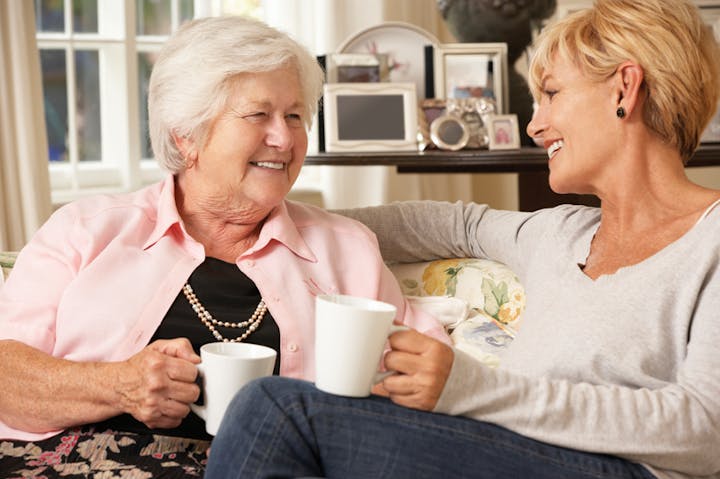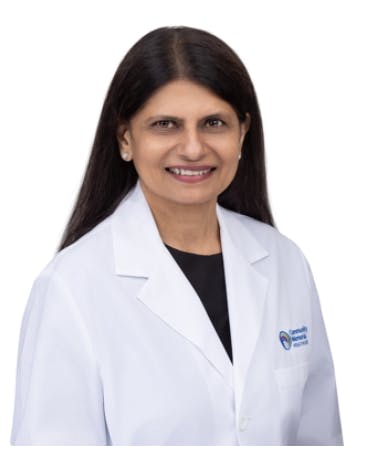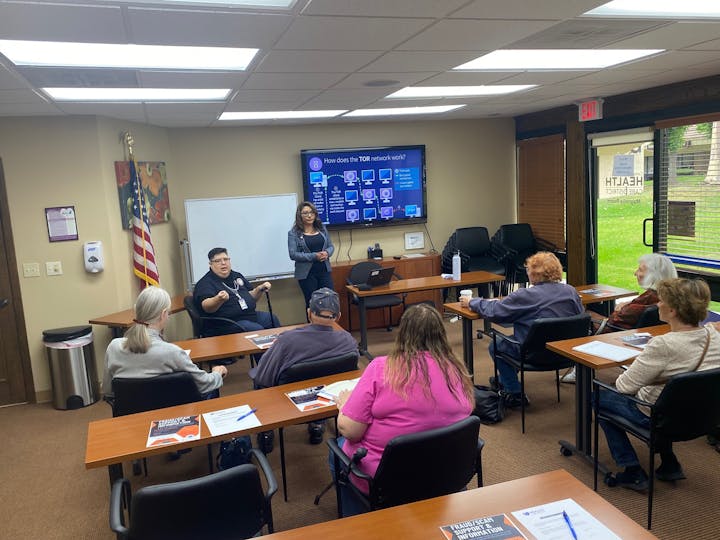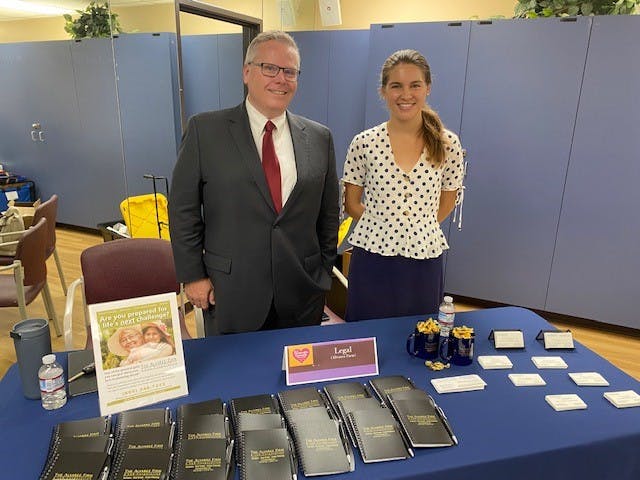Nurturing the family caregiver
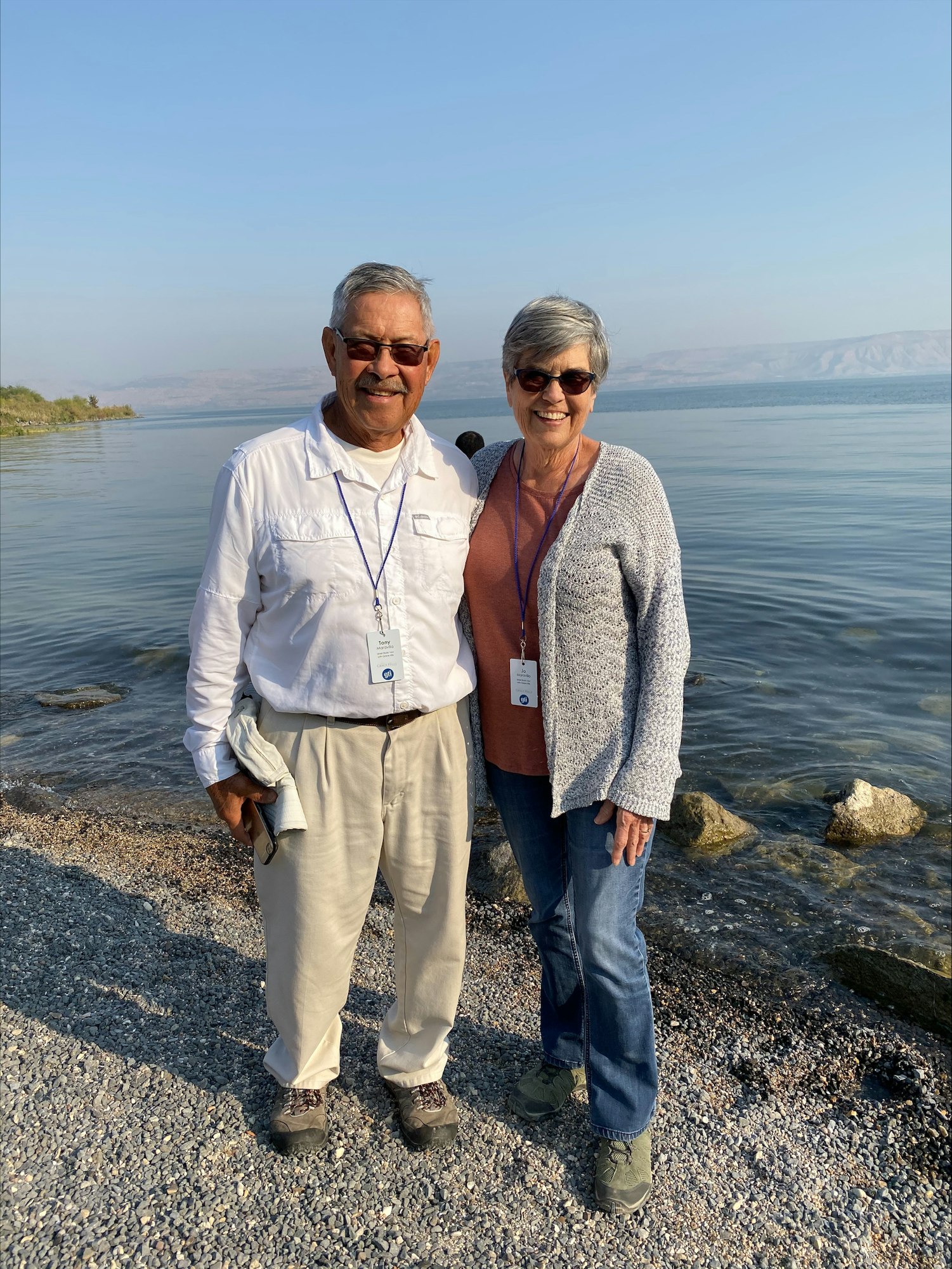
District's Caregiver Support Group offers a lifeline
Jo is the caregiver for her husband and has attended the District’s Caregiver Support Group for about eight years. When they started their life together in 1966, Jo and Tony’s “golden years” seemed far, far away. Now 57 years and a dementia diagnosis later, it seems as if the years flew by. “Tony is always on my mind,” Jo says. “This seems like a new marriage and am still learning how much independence for him I can feel safe with … My responsibilities in the home have increased since the diagnosis.”
Since joining the District’s Caregivers Support Group, Jo says she has received information and resources, gained coping skills, and validation that has helped her through challenging times. “The group has kept me supported and engaged,” Jo said, “I sit (virtually) with others who are also on this road – some ahead of me, some at my point and some just getting started. They are all such fine people, willing to speak honestly about the joys and the sorrow of the days ahead.”
Another support group participant, Richard, who was married to his wife, Linda, for 51 years until she recently passed from Alzheimer’s disease, said the group was a great resource to him, as well. “I learned I was not alone. Knowledgeable people can tell you, but sharing with other caregivers brings a reality to your situation and the challenges you’re going through,” he said.
Caregiver Support Group is virtually facilitated by Blair Barker, Program Officer, and Maylene Blando, Social Services Coordinator, through the District’s Caregiver Center. The Caregiver Center, a federally designated family resource center, acts as a safety net of services for family caregivers who benefit from connection to essential support services and resources.
“Caring for a loved one can feel like floating in the middle of the ocean all alone,” said Program Officer Blair Barker. “That is where the Caregiver Center can serve as a sort of ‘flotation device’. “We can help caregivers care for their loved ones, while also caring for themselves. At the Center, they know they are not alone.”
Caregiving is difficult and can take a heavy toll physically, emotionally, financially, and spiritually. Unsupported, it can lead to stress, anxiety and burnout. Support groups provide an environment where caregivers express themselves and find comfort and encouragement knowing they are not alone.
The purpose of Caregiver Support Group is to identify and minimize caregiver-related stress and prevent psychological, physical, behavioral, and social problems among caregivers and care receivers.
The Caregivers Support Group meets virtually on the second and fourth Friday of the month, 9:30-11 a.m. Call 800-900-8582 to join.

It sometimes can be difficult for people to realize that they are a caregiver because they may feel 1) they're only doing what is expected, 2) they’re just taking care of their spouse, parent, child, friend or neighbor, or 3) they feel it's "what any decent person would do".
Family caregivers face challenges and difficulties that can include their own health issues and sense of well-being. That’s why the District’s Caregivers Center is so important. The center features a Caregivers Resource Library, a Relaxation Room, care consultations as well as classes for family caregivers.
So far, Jo has taken “Dealing with Dementia” and “Powerful Tools for Caregivers” classes and is considering the “Dementia Live” simulation. The “Dealing with Dementia” program, developed by the Rosalyn Carter Institute for Caregiving, provides strategies and best practices for caregivers. The goal is for Alzheimer's and dementia family caregivers to gain a better understanding of dementia, utilize strategies to manage problem behaviors, and handle caregiver stress and burnout. In 2017, the District was awarded Institute’s Leadership in Caregiving Award.
The District’s Caregiver Center offers Dementia Specialty Services, Elder Legal Services, nutrition counseling, Senior Nutrition Program, care management and Senior Support Line telephone support, at no charge, to assist caregivers and seniors.
If you are a caregiver and thinking of joining the support group, Jo says you’ll appreciate the camaraderie the District’s group provides. “Come, learn and stay,” she said. “This is where you can get reliable help and develop friendships and gain support.”

